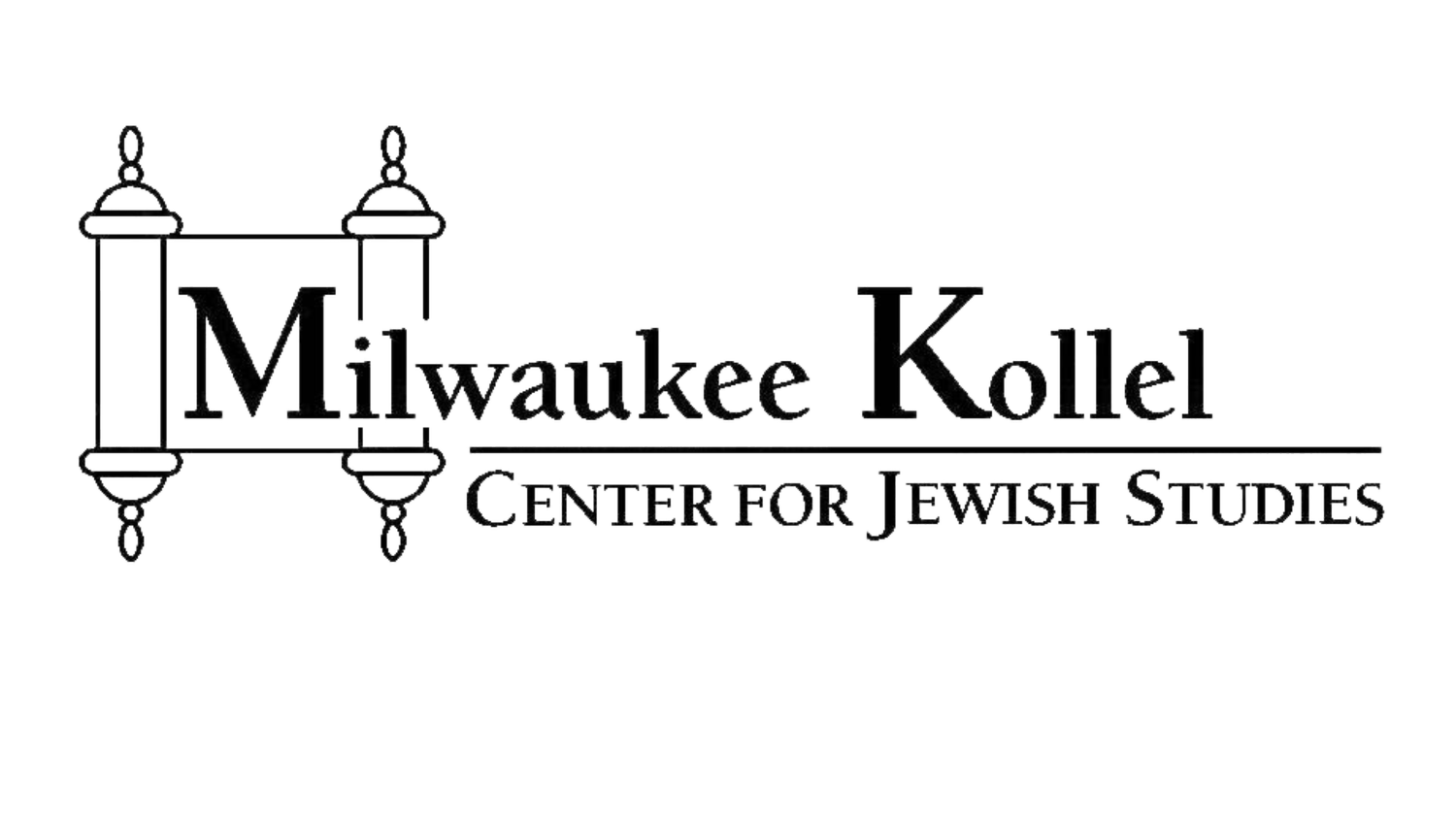Parshas Vayigash: Jewish Survival
Rabbi Moshe Peretz Gilden
When one is desperate for a particular piece of news, he can easily draw hope from an event or a fragment of information that he believes is indicative of the desired conclusion. To use an extreme example, if, Heaven forbid, one’s child goes missing, any little finding that may be considered evidence of their location or well-being leads to a spark of hope. Often the hope springs from very little useful information. This is human nature. A glimmer of news has a great effect upon one’s anticipation of salvation.
With that background, Yaakov Avinu’s reaction to the news of his most precious son being alive and well is astonishing. When the sons of Yaakov came back from Mitzrayim with the news that Yosef was alive, Yaakov’s immediate reaction was disbelief. His joyful spirit was only restored once he saw more concrete evidence, the carriages that Yosef had sent to Yaakov. How can we understand this reaction? They did not come back with some vague piece of potential evidence, or that they heard a rumor regarding his location. Rather, their report was clear:
עוד יוסף חי וכי הוא מושל בכל ארץ מצרים (בראשית מה כו).
“Yosef is still alive and he is the ruler of the entire land of Egypt.”
Furthermore, who was reporting this news? A journalist looking to secure more viewers? A gossiper hoping to get some self-gratification? The report came from the most astute people in the world, in addition to being Yaakov’s own beloved children. The response by Yaakov Avinu is most bewildering.
The legendary Rav Nissim Yagen ztz”l (known for igniting his passion for Yiddishkeit in Jews of all backgrounds) fervently expounds upon the fundamental viewpoint that is expressed by this incident. Being alive does not mean simply breathing and having a heartbeat. To be “alive,” is to be on a quest for growth and refinement, always seeking to be connected to the Creator, His people, and His Torah.
The report Yaakov heard contained an inherent contradiction. “He is alive, and he is the ruler of Mitzrayim.” Rising to power in the spiritual wasteland that was Mitzrayim was a spiritual death sentence. Yaakov Avinu was devastated, for he heard in the brothers’ report that Yosef may have been physically still breathing, but the thought of how compromised Yosef must be, having worked his way to power was tantamount to Yosef being dead.
Recognizing Yaakov’s distress, the brothers continued:
“וידברו אליו את כל דברי יוסף אשר דבר אלהם.”
“They spoke with him all the words that Yosef spoke with them. (ibid.)”
They recounted how Yosef had laid out all the fine details of the Mitzvah of Eglah Arufah, as hinted to by the wagons Yosef had sent. They related all the nuances that made up the last subject that Yaakov taught Yosef before he was taken. The fact that Yosef still had such clarity in his learning was the sign that Yosef had sent to show that he remained steadfast to his upbringing. As Rashi points out, although it is translated as wagons, the word Agalah shares a relationship with Eglah, and serves as a hint to what Yosef’s brothers shared with Yaakov. Yaakov was finally convinced that Yosef was truly alive. Having confirmed Yosef’s spiritual vibrancy, he finally was able to accept that Yosef was truly still “alive,” in the vital sense of the word.
Our connection to Torah is the single most important factor in Jewish continuity. With his family spiritually intact, Yaakov could foresee the permanency of his legacy. In line with this, Yaakov’s first task before entering Mitzrayim was to set up a Beis Medrash in Goshen. This would provide the light needed to navigate the darkness of the exile.
The Chazon Ish points out that any community that establishes the following amenities, besides a shul in which to Daven, will indeed flourish. A Kollel, a Cheder, a Beis Yaakov, and a Mikvah. As we are focused on this concept, it is a great opportunity to be appreciative of the efforts of the entire Twerski family, most recently directed by our Rebbe Shlit”a, to establish our city as a place conducive to the vibrancy of Yiddishkeit. Whereas Yaakov Avinu was setting up an establishment to empower us during the Galus, it seems evermore, that the significance of the Milwaukee institutions are vital in preparing us all for the Geula Shleima. May it come speedily in our days.
